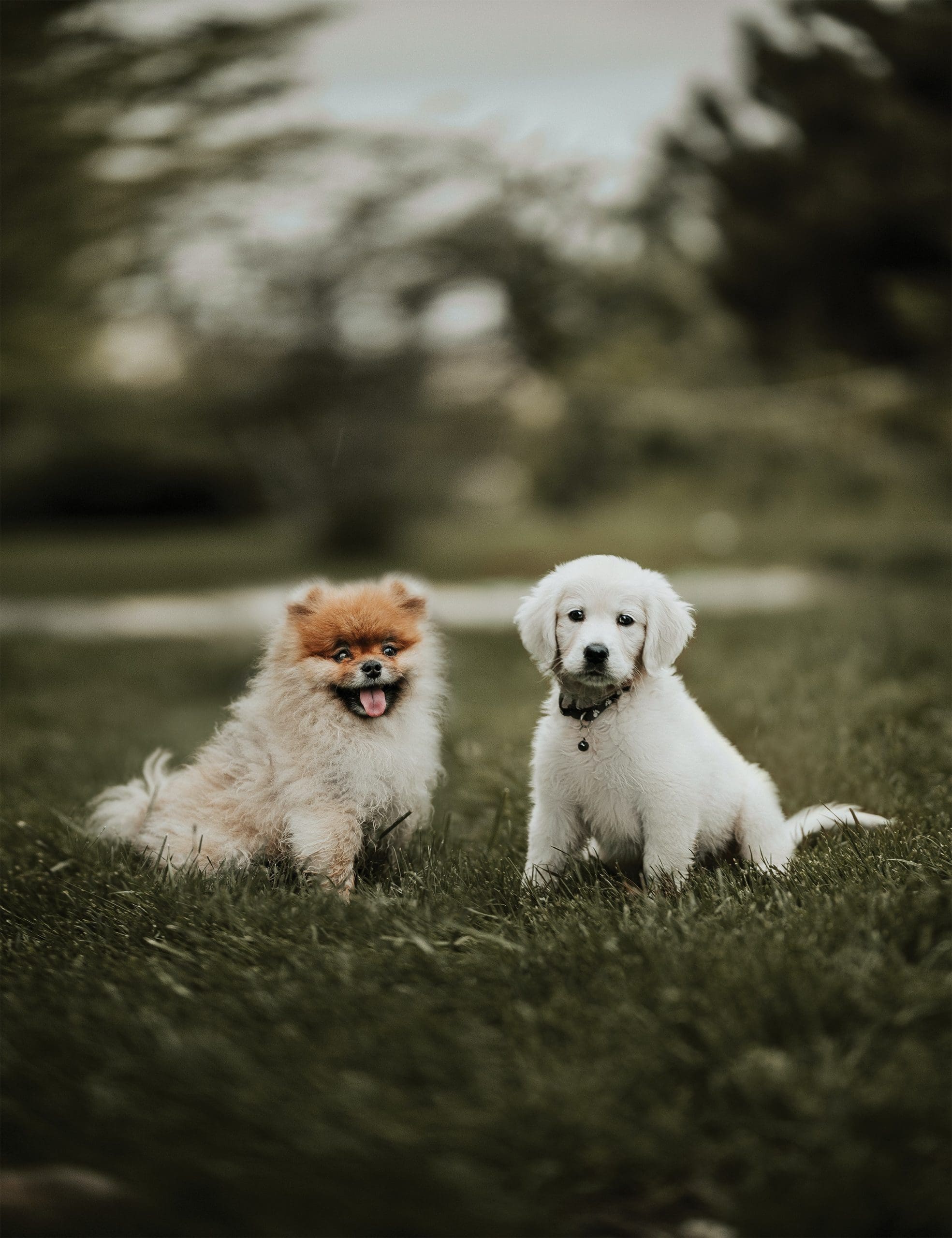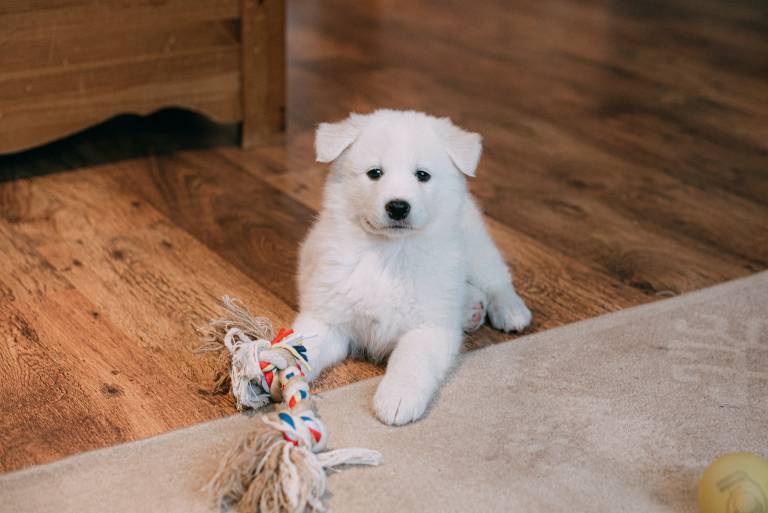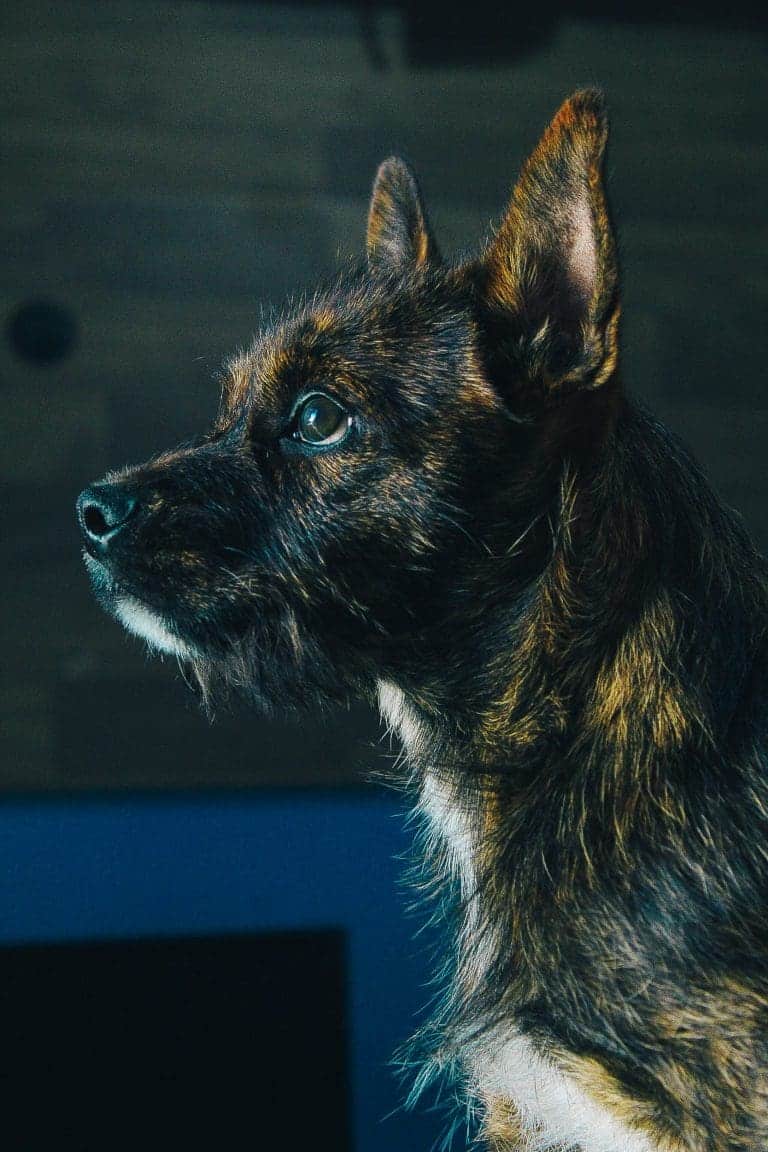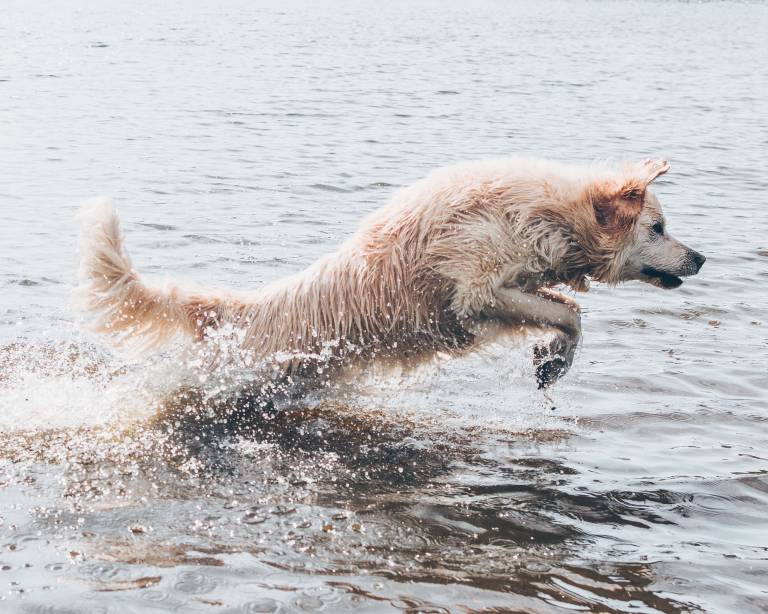How Many Parvo Shots Does A Puppy Need?
Post Date:
December 10, 2024
(Date Last Modified: December 10, 2024)
Bringing a new puppy into your home requires a deep commitment to ensuring their health and well-being. One of the most crucial elements of puppy care is vaccinations, particularly against the highly contagious parvovirus. This virus poses a severe risk to puppies, leading to significant illness or even death. Knowing how many parvo shots your puppy needs and the timing for these vaccinations is essential for safeguarding their health.
The Importance of Early Vaccination
Puppies receive some immunity from their mother’s milk, but this protection diminishes as they grow. To bolster their immune systems, puppies require a series of vaccinations starting at an early age. The timing and number of these vaccines are vital for providing adequate protection against parvovirus and other diseases.
Typically, the first parvo shot is given when a puppy is six to eight weeks old. This vaccination is part of a combination shot, often labeled as the DAP or DHPP vaccine, which shields against distemper, adenovirus, parvovirus, and parainfluenza. Adhering to the vaccination schedule recommended by your veterinarian is crucial, as they will customize it based on your puppy’s specific needs and health status.
Vaccination Schedule for Puppies
After the first shot, additional doses are generally administered every three to four weeks until the puppy is about 16 to 20 weeks old. Most puppies will receive a total of three to four parvo vaccinations during this critical period. The exact number may vary based on the puppy’s age at the initial vaccine and their overall health.
By the time your puppy reaches 16 weeks, they should have completed their initial series of vaccinations, equipping their immune system to combat infections, including parvovirus. However, it’s important to note that complete protection may not be immediate after the final shot. Limiting exposure to unvaccinated dogs or environments where the virus might be present is crucial until full vaccination is achieved.
Risks of Incomplete Vaccination
Puppies lacking full vaccinations face a heightened risk of contracting parvovirus, which spreads through contact with infected dogs, their feces, or contaminated surfaces. The resilience of parvo allows it to survive in the environment for extended periods. Therefore, keeping your puppy away from high-risk areas, such as dog parks or busy public spaces, is essential until they have received all necessary vaccinations.
Maintaining Immunity with Boosters
Once fully vaccinated, puppies will require booster shots to sustain their immunity. The first booster is typically administered one year after completing the initial vaccinations. Following that, most veterinarians recommend a regular vaccination schedule, usually every three years for parvovirus and other core vaccines. This schedule may adjust based on your dog’s health, lifestyle, and local vaccination regulations.
Comprehensive Vaccination Plans
Besides parvovirus vaccines, puppies need other vaccinations to guard against various diseases, such as rabies, leptospirosis, bordetella, and Lyme disease. Your veterinarian will develop a comprehensive vaccination plan tailored to your puppy’s age, breed, lifestyle, and risk factors.
Keeping accurate records of your puppy’s vaccinations is essential. This documentation not only tracks their vaccination history but may also be required for boarding, grooming, or doggy daycare. Maintaining a vaccination card or digital record that includes the dates of each vaccination and the veterinarian’s details can be very beneficial.
Communication with Your Veterinarian
Open communication with your veterinarian is vital for navigating puppy vaccinations. They can offer insights on the best vaccination schedule, address concerns about vaccines or side effects, and guide you in maintaining your puppy’s health.
Preventing Parvovirus Beyond Vaccination
In addition to vaccinations, practicing good hygiene significantly reduces the risk of parvovirus and other diseases. Regularly cleaning your puppy’s living area and avoiding contact with potentially infected animals are crucial preventive measures. Socialization is also important, but it should be approached safely—consider enrolling in puppy classes that require proof of vaccinations, allowing your puppy to interact with other vaccinated dogs in a controlled environment.
Recognizing Symptoms of Parvovirus
If a puppy does contract parvovirus, symptoms can be severe. Early signs include lethargy, loss of appetite, vomiting, and diarrhea, often accompanied by a foul smell. If any of these symptoms arise, contacting your veterinarian immediately is critical. Parvovirus can progress rapidly, and timely intervention is essential for a positive outcome.
Vaccination remains highly effective at preventing parvovirus. By adhering to the recommended vaccination schedule and following your veterinarian’s advice, you can significantly reduce the risk of your puppy contracting this serious illness.
Commitment to Your Puppy’s Health
Your dedication to your puppy’s health is paramount. Understanding the necessary parvo shots, their timing, and the importance of maintaining a regular vaccination schedule fosters a healthy and happy adult dog. Taking proactive steps regarding your puppy’s vaccinations not only protects them but also contributes to the well-being of the broader dog community.
The journey of puppy ownership is one filled with dedication and care. The joy of a healthy, lively puppy by your side makes the effort worthwhile. Staying informed and engaged in your puppy’s healthcare is essential, as they rely on you to keep them safe and healthy. Prioritizing their vaccinations is a significant step in fulfilling that responsibility.






